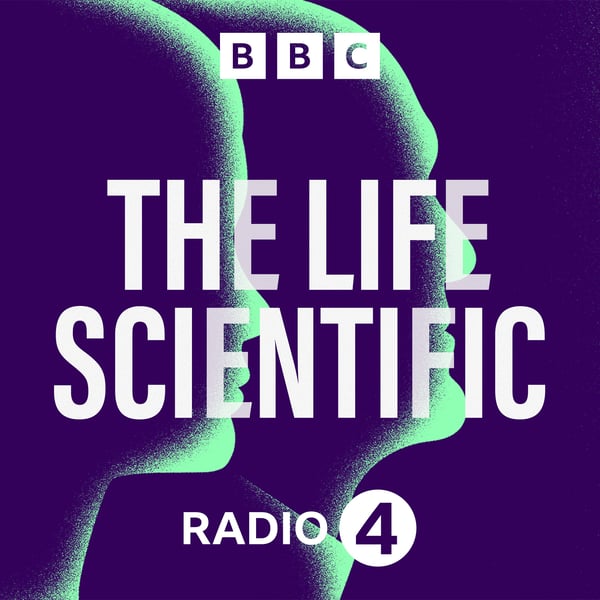Caroline Dean reveals the genetic secrets of flowering
The Life Scientific
BBC
4.6 • 1.4K Ratings
🗓️ 15 May 2018
⏱️ 28 minutes
🧾️ Download transcript
Summary
Transcript
Click on a timestamp to play from that location
| 0:00.0 | Hey, it's Doleepa, and I'm at your service. |
| 0:04.7 | Join me as I serve up personal conversations with my sensational guests. |
| 0:08.8 | Do a leap interviews, Tim Cook. |
| 0:11.2 | Technology doesn't want to be good or bad. |
| 0:15.0 | It's in the hands of the creator. |
| 0:16.7 | It's not every day that I have the CEO of the world's biggest company in my living room. |
| 0:20.7 | If you're looking at your phone more than you're looking in someone's eyes, you're doing the wrong thing. |
| 0:26.0 | Julie, at your service. |
| 0:28.0 | Listen to all episodes on BBC sales. |
| 0:31.6 | This is the BBC. |
| 0:33.0 | Hello I'm Jim Alkalele and you're about to listen to the quite excellent |
| 0:38.0 | podcast of the Life Scientific in which I get top scientists to tell me how they got to where they are today. |
| 0:46.0 | As a girl, my guest today would watch the cherry trees in her childhood garden unfurl |
| 0:50.8 | their pink and white blossom, and wonder how it was that they all |
| 0:54.1 | flowered at the same time. This observed synchronicity was to fuel a lifelong |
| 0:59.6 | fascination with the timing mechanism of plant reproduction. In particular, a process called |
| 1:05.2 | vernalization, how plants respond to prolonged cold. |
| 1:09.4 | Dame Caroline Dean is a plant scientist who spent her career asking questions like, |
| 1:14.5 | why is it that some plants need a period of cold over winter |
| 1:18.0 | before they can flower the following spring? |
| 1:20.8 | And how does the plant know that the cold winter is really over and it's safe to flower? |
| 1:25.4 | By focusing right down to the molecular level, homing in on individual cells and the genes |
... |
Please login to see the full transcript.
Disclaimer: The podcast and artwork embedded on this page are from BBC, and are the property of its owner and not affiliated with or endorsed by Tapesearch.
Generated transcripts are the property of BBC and are distributed freely under the Fair Use doctrine. Transcripts generated by Tapesearch are not guaranteed to be accurate.
Copyright © Tapesearch 2025.

